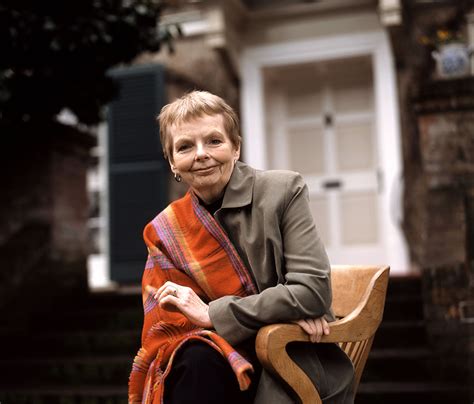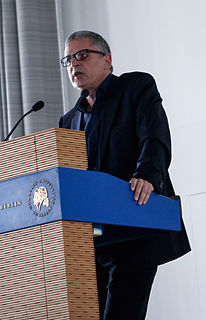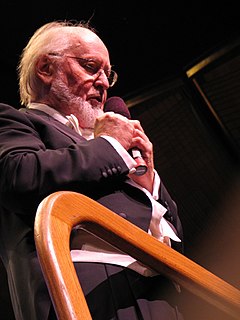A Quote by Carol Shields
Words are our life. We are human because we use language. So I think we are less human when we use less language.
Related Quotes
Being a slow reader would normally be a deficiency; I found a way to make it an asset. I began to sound words and see all those qualities - in a way it made words more precious to me. Since so much of what happens in the world between human beings has to do with the inconsideration of language, with the imprecision of language, with language leaving our mouths unmediated, one thing which was sensuous and visceral led to, in the use of language, a moral gesture. It was about trying to use language to both exemplify and articulate what good is.
We're trying to be very careful and precise in our use of language, because I think the language we use and the images we project really do have resonance. It's the reason why I don't use the term jihadist to refer to terrorists. It gives them the religious legitimacy they so desperately seek, but I ain't gonna give it to them.
There is a narrow class of uses of language where you intend to communicate. Communication refers to an effort to get people to understand what one means. And that, certainly, is one use of language and a social use of it. But I don't think it is the only social use of language. Nor are social uses the only uses of language.
As a poet and writer, I deeply love and I deeply hate words. I love the infinite evidence and change and requirements and possibilities of language; every human use of words that is joyful, or honest or new, because experience is new... But as a Black poet and writer, I hate words that cancel my name and my history and the freedom of my future: I hate the words that condemn and refuse the language of my people in America.
Religion is much more than language, but to be Christian does mean speaking Christian for most people. The language many of us use has contributed to the crisis in Christianity in North America. Traditional Christian language is becoming less familiar to millions of people. The language is frequently misunderstood by people.
RHETORIC The art of making life less believable; the calculated use of language, not to alarm but to do full harm to our busy minds and properly dispose our listeners to a pain they have never dreamed of. The context of what can be known establishes that love and indifference are forms of language, but the wise addition of punctuation allows us to believe that there are other harms - the dash gives the reader the clear signal they are coming.
I believe that we must use language. If it is used in a feminist perspective, with a feminist sensibility, language will find itself changed in a feminist manner. It will nonetheless be the language. You can't not use this universal instrument; you can't create an artificial language, in my opinion. But naturally, each writer must use it in his/her own way.







































